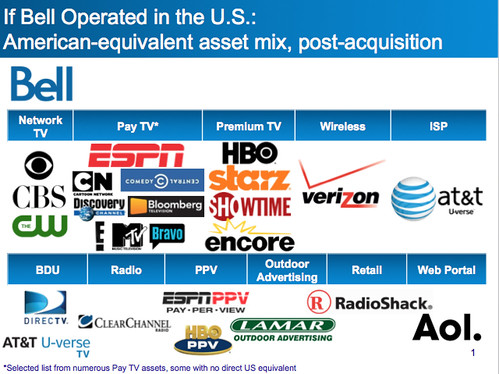The Privacy Commissioner of Canada has launched a new online complaint form that will allow Canadians to file privacy complaints via the Internet.
News
The Supreme Court of Canada Speaks: How To Assess Fair Dealing for Education
I’ve posted several pieces on these issues (fair use in Canada, technological neutrality, impact on Access Copyright), but given the ongoing efforts to mislead and downplay the implications of the decisions, this long post pulls together the Supreme Court’s own language on how to assess fair dealing. The quotes come directly from the three major fair dealing decisions: CCH Canadian, Access Copyright, and SOCAN v. Bell Canada.
Note that this post is limited to the Court’s decisions and does not focus on the changes in Bill C-11. The legislative reforms provide additional support for education as they include the expansion of fair dealing to include education as a purposes category, a cap of $5000 on statutory damages for all non-commercial infringement, a non-commercial user generated content provision, an education exception for publicly available on the Internet, a new exception for public performances in schools, and a technology-neutral approach for the reproduction of materials for display purposes that may apply both offline and online.
Why the End of Access Copyright K-12 Licensing for Is Not The End of Payment for Educational Copying
In light of the decisions and recent copyright law reforms, K-12 schools are likely to conclude that they do not need an Access Copyright licence. While the collective and its supporters will react by claiming that this will greatly harm Canadian publishers and authors, the reality is that schools have permission to reproduce the overwhelming majority of materials without Access Copyright or fair dealing.
Access Copyright has argued that the case only focused on 7% of copies, but the truth is that it involved an even smaller amount. The 7% figure stems from the copies for which Access Copyright seeks payment. In fact, the Access Copyright sponsored study that lies at the heart of the K-12 case found that schools already had permission to reproduce 88% of all books, periodicals, and newspapers without even conducting a copyright analysis or turning to the Access Copyright licence.
If Bell-Astral Operated in the United States…
Embedded below is a graphical look at what a Bell-Astral combined entity might look like in the United States (courtesy of Telus). The level of media concentration is remarkable, cutting across all sectors in a way that no one does in the U.S.
CETA Update, Part Two: ACTA Provisions Are Still Very Much Alive
Steve Verheul, the lead Canadian negotiator for the Canada – EU Trade Agreement, provided an update on the CETA negotiations last week on a call with civil society groups. My first post on the call included an update on the timing of future rounds, the lack of transparency with the […]







